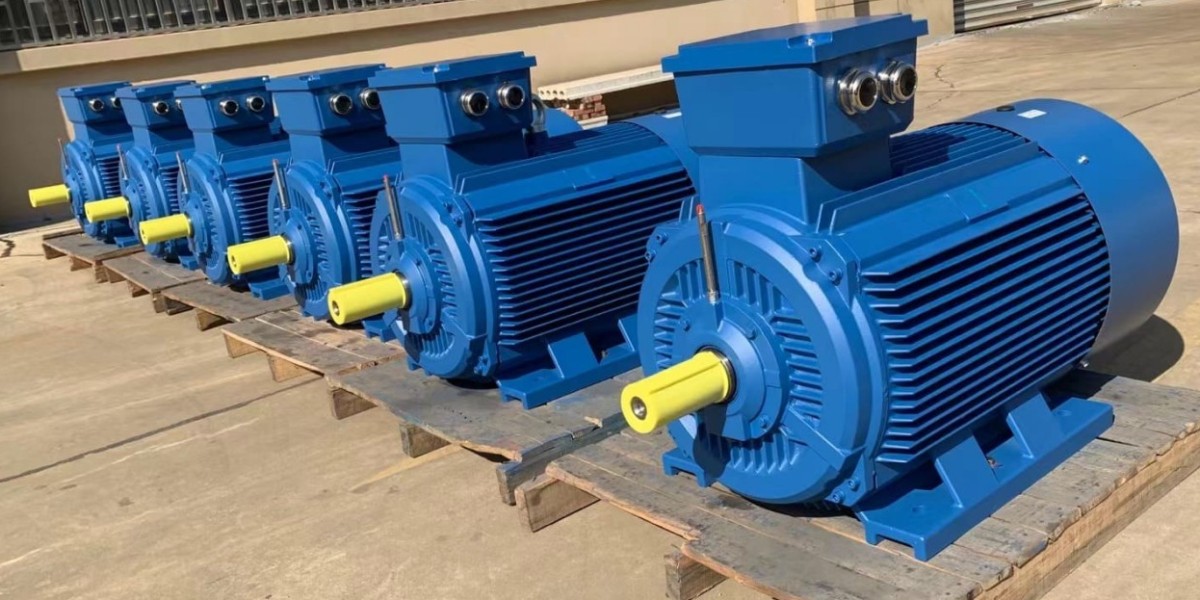Study MBBS in Nepal has become a popular choice for students aspiring to pursue a medical career. With its affordable fees, globally recognized degrees, and proximity to India, Nepal provides a seamless pathway for students to achieve their medical dreams. In this guide, we will outline the step-by-step process to help you navigate your journey of studying MBBS in Nepal, covering eligibility criteria, the admission process, required documents, and tips for a successful application.
1. Understand the Benefits of Studying MBBS in Nepal
Before diving into the admission process, it’s essential to understand why Nepal is a preferred destination for medical studies.
- Affordable Fees: Tuition fees in Nepalese medical colleges are significantly lower compared to other international destinations, ranging from ₹30–₹50 lakh for the entire course.
- Globally Recognized Degrees: Nepalese MBBS degrees are recognized by WHO and NMC, enabling students to practice medicine worldwide.
- Proximity and Cultural Similarity: Nepal shares a close geographical and cultural connection with India, ensuring a smooth transition for Indian students.
By understanding these benefits, you can make an informed decision about pursuing medical studies in Nepal.
2. Check Your Eligibility for MBBS in Nepal
The first step to studying MBBS in Nepal is meeting the eligibility criteria set by Nepalese medical colleges. The general requirements include:
Educational Background:
- Completion of 10+2 education with Physics, Chemistry, and Biology as core subjects.
- A minimum aggregate score of 50% in these subjects is mandatory.
NEET Qualification:
- Indian students must qualify for the National Eligibility cum Entrance Test (NEET), as per NMC guidelines.
Age Limit:
- Students must be at least 17 years old at the time of admission.
English Proficiency:
- While the medium of instruction is English, students must have basic language proficiency to understand and communicate effectively.
3. Research Medical Colleges in Nepal
Nepal is home to several top-ranking medical colleges that provide quality education and clinical training. Some of the leading institutions include:
Tribhuvan University, Institute of Medicine (IOM):
- Renowned for its rigorous academic curriculum and expert faculty.
Kathmandu Medical College (KMC):
- Affiliated with Kathmandu University, offering state-of-the-art facilities.
B.P. Koirala Institute of Health Sciences (BPKIHS):
- Known for its research-oriented education and modern infrastructure.
Patan Academy of Health Sciences (PAHS):
- Focuses on community-based medical education.
Nepal Medical College (NMC):
- Provides advanced laboratory facilities and hands-on clinical training.
Research these colleges thoroughly to compare their fee structures, facilities, and academic offerings to choose the one that best suits your needs.
4. Prepare the Required Documents
To ensure a smooth application process, gather the necessary documents well in advance. The common documents required for MBBS admission in Nepal include:
- High school (10+2) mark sheets and certificates.
- NEET scorecard (mandatory for Indian students).
- Birth certificate and proof of identity (passport or Aadhaar).
- Passport-sized photographs (as per the college requirements).
- Medical fitness certificate.
- Migration certificate (if applicable).
Ensure all documents are accurate and up to date to avoid delays in the application process.
5. Apply to Your Chosen Medical College
The application process for Nepalese medical colleges typically involves the following steps:
Online Application:
Most colleges have an online application portal where you can submit your details and upload the required documents.Application Fee:
Pay the application fee as per the college’s guidelines. This fee varies from institution to institution.Verification Process:
Once your application is submitted, the college will verify your documents and eligibility.Admission Test/Interview:
Some colleges may require you to appear for an additional admission test or interview to assess your knowledge and suitability.Admission Confirmation:
After successfully completing the application process, you will receive an admission letter confirming your seat.
6. Obtain Financial Clarity
Studying MBBS in Nepal is cost-effective, but it’s essential to plan your finances. Here’s a breakdown of the expenses:
- Tuition Fees: ₹30–₹50 lakh for the entire program.
- Hostel Fees: ₹5,000–₹8,000 per month, depending on the facilities.
- Living Expenses: ₹10,000–₹15,000 per month for food, transportation, and personal needs.
Some colleges also offer scholarships for meritorious or financially disadvantaged students, so inquire about these opportunities during the application process.
7. Plan Your Travel and Accommodation
Indian students do not require a visa to study in Nepal, simplifying the travel process. However, you should:
- Book your travel tickets in advance to save costs.
- Confirm your accommodation arrangements with the college, whether it’s on-campus hostels or nearby rented facilities.
- Familiarize yourself with the local area and available amenities to ensure a comfortable stay.
8. Pre-Departure Preparation
Before leaving for Nepal, make the necessary preparations to ensure a smooth transition:
- Health Checkups: Get a medical fitness certificate and necessary vaccinations.
- Currency Exchange: Carry sufficient Nepali Rupees for initial expenses.
- Communication Setup: Arrange for a local mobile connection or international roaming plan.
- Packing Essentials: Pack clothes suitable for Nepal’s weather, academic materials, and personal items.
9. Begin Your MBBS Journey
Once you arrive in Nepal, complete the formalities required by your college, such as:
- Submitting original documents for verification.
- Attending orientation sessions to familiarize yourself with the college and campus life.
- Exploring the city and settling into your new routine.
10. Make the Most of Your MBBS Experience
Studying MBBS in Nepal is a transformative journey, and making the most of it will help you succeed:
- Focus on Academics: Stay disciplined and dedicated to your studies to excel in the rigorous medical curriculum.
- Engage in Clinical Training: Actively participate in hands-on training to gain practical knowledge and experience.
- Build Networks: Form connections with peers, faculty, and professionals to enhance your learning and career opportunities.
- Explore Nepal: Take time to explore Nepal’s rich culture, scenic beauty, and heritage during your stay.
Conclusion
Pursuing MBBS in Nepal is a rewarding experience that combines affordable education, international recognition, and personal growth. By following this step-by-step guide, you can navigate the admission process and embark on your medical journey with confidence. Nepal’s excellent medical colleges, supportive environment, and quality education make it an ideal destination for aspiring doctors. With proper planning and dedication, you can turn your dream of becoming a doctor into reality in Nepal.


